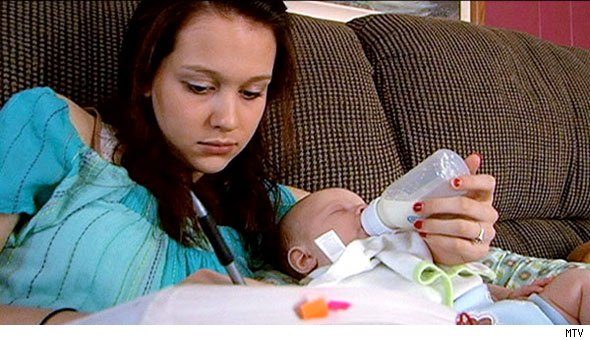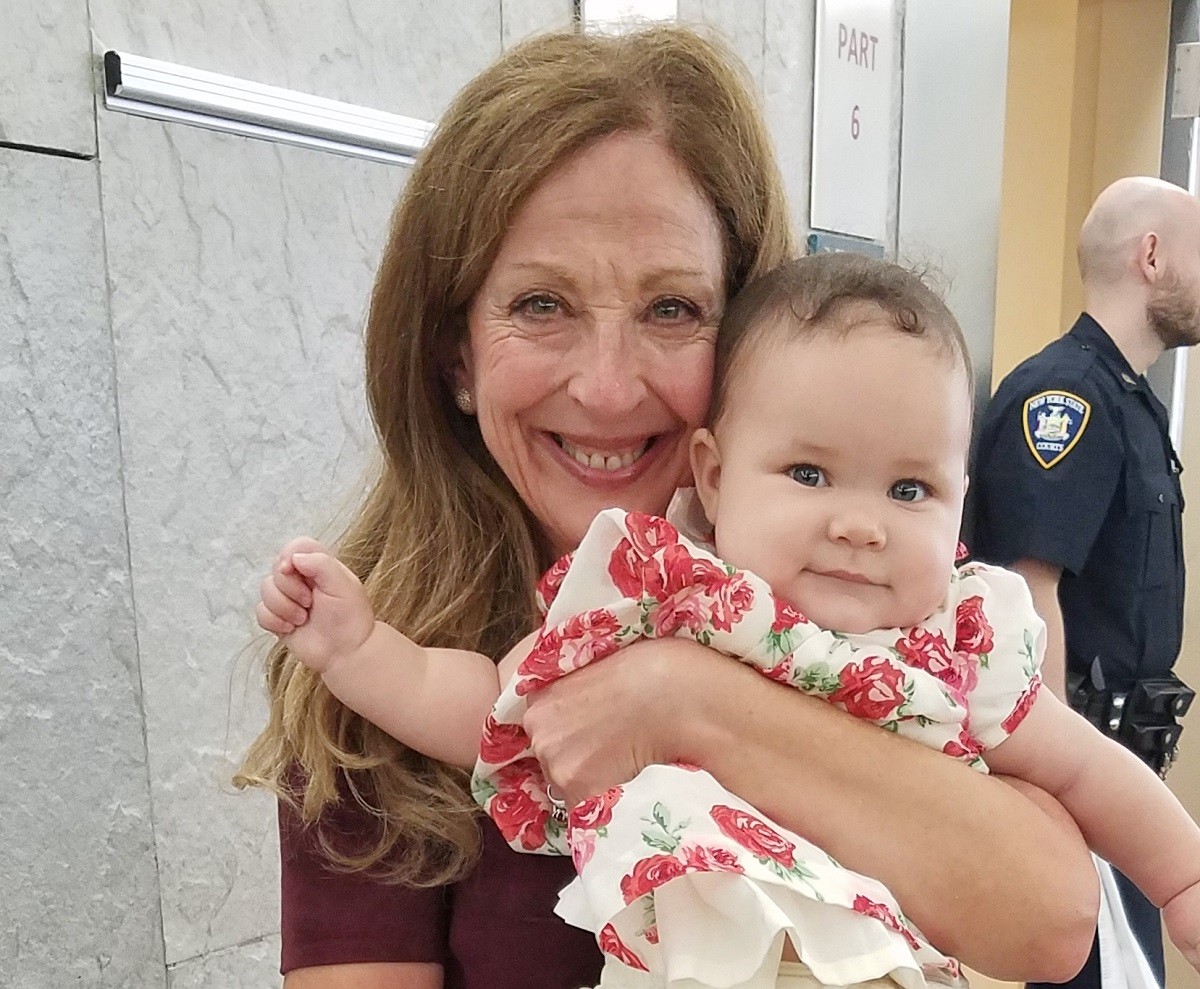Turning to adoption to prevent childhood poverty, an issue I discuss daily with impoverished pregnant women seeking adoptive families, is the subject of two New York Times opinion pieces.
The first article, “The Way to Beat Poverty,” by Nicholas Kristof and Sheryl WuDunn, http://nyti.ms/WUV7dO, advocates for early intervention for parents and children to tap into “the power of parenting – and of intervening early, ideally in the first year or two of life or even before a child is born.” Programs like Nurse-Family Partnership, nursefamilypartnership.org, that provide mentors who regularly visit the homes of underprivileged pregnant women and mothers make a huge impact on the later success of children in school and life, as does preschool. “We wish donors would endow not just colleges, but nursery schools,” write the authors.
The second piece, “Beyond Marriage,” by Isabel V. Sawhill, http://nyti.ms/1qRCGTV, posits that “we need to develop a new ethic of responsible parenthood” to counter the impact of unmarried parenthood on child poverty. A mind-blowing graph at the center of the article shows the shockingly high percentage of unplanned pregnancies occurring to women who practice different forms of birth control. A key part of the solution, according to Sawhill, is making long-acting reversible contraceptives (LARCs), such as IUDs, available to women at no cost. LARCs have an extremely low failure rate and “change the default from having to do something difficult (reach for a condom or remember to take a pill every day)” to having to do something deliberate when one is ready for pregnancy and parenthood (have the IUD removed).
When an overwhelmed pregnant single mother phones me to explore adoption to prevent childhood poverty, I often advise her about resources for the other children she is parenting, and if she is less than three months pregnant, I also discuss terminating the pregnancy. If free LARCs were available, many of these expectant mothers would have been able to prevent an unwanted pregnancy, and if more early childhood and parenting programs existed, many would feel better equipped as parents to the children they are already raising.


